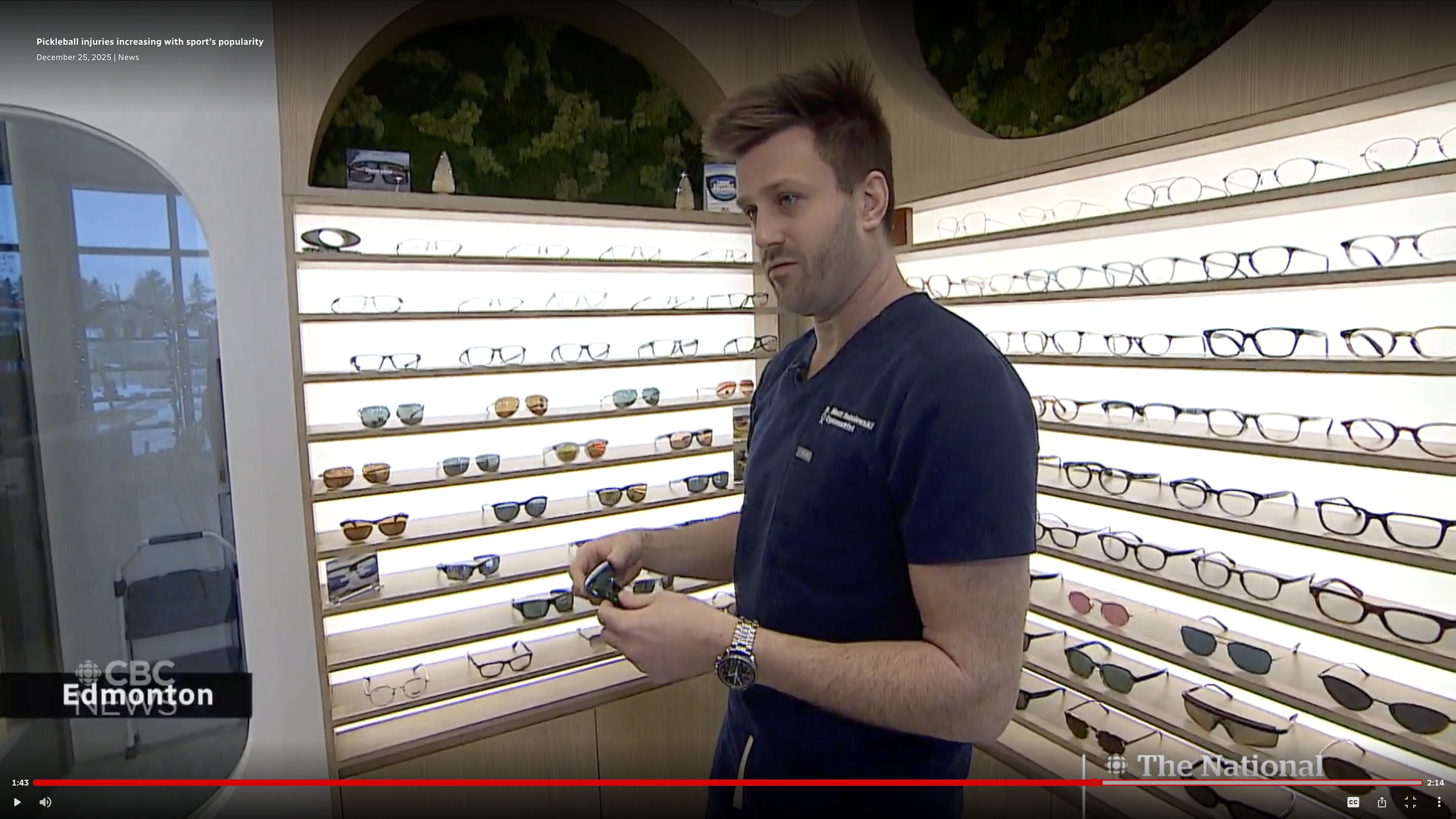Eye Doctors: Optometrists and Ophthalmologists
Are you having trouble seeing clearly? Do you think you might need glasses or maybe cataract surgery? You may be wondering whether you should see an optometrist or an ophthalmologist. In this article, we take a look at the differences between these two healthcare professions in Canada.
Optometrist (OD): Eye Health and Vision Care
Optometrists are generally the go-to eye care provider. After receiving a 4-year undergraduate degree, they spend an additional 4-years in optometry school to get their optometric doctorate degree. Some optometrists may undergo additional residency training in areas such as ocular disease, glaucoma, retina, cornea, specialty contact lenses, and refractive surgery.
Most optometrists, however focus on regular vision care, and they perform the following services:
Routine eye exams and vision tests.
Prescribe and fit eyeglasses
Prescribe and supply contact lenses
Prescribe specialty contact lenses for keratoconus, corneal transplants, and dry eye.
Prescribe low-vision aids
Provide emergency eye care & eye infections
Provide surgical referrals and post-operative care for conditions like cataracts, diabetic retinopathy, and glaucoma.
Manage and treat certain eye conditions like glaucoma and dry eye
Provide vision therapy
Ophthalmologist (MD): Medical and Surgical Eye Care
Ophthalmologists first went to medical school before specializing in eye care for four more years. After that, some complete an additional 1 to 2-year fellowship program to gain increased knowledge in a specific area.
Ophthalmologists can offer complete eye care services, such as routine eye exams. But in Canada, it's more common for ophthalmologists to specialize in a specific area of eye care:
Cataract surgery
Corneal & External Disease
Glaucoma & Uveitis
Vitreal and retinal surgery
Neurology
Plastic surgery
Pediatrics
Because of the highly specialized nature of ophthalmologists, you may need to see multiple providers for the same condition. They also don't prescribe eyeglasses or contact lenses but instead co-manage your vision care with a local optometrist. This ensures that specialists are not taking time away from more urgent eye care to provide routine vision care.
How to Choose an Eye Doctor.
Most of the time, you should start by seeing an optometrist. Optometrists in Alberta are well-trained to detect, diagnose and manage the most common eye conditions. In addition, optometrists are licensed to prescribe both oral and topical medication, making them an excellent resource for urgent eye care.
Optometrists generally have shorter wait times, allowing you to figure out the cause of your visual concerns sooner. They will also be able to give you a general overview of your eye health and determine if you have any visual limitations that need to be addressed.
Optometrists are like great family physicians. They treat or address most of your concerns and help direct you to other optometrists, ophthalmologists, or eye care providers who specialize in your unique needs.
In Edmonton, optometrists and ophthalmologists work closely together to deliver the best eye care possible. In addition, optometrists have direct access to the on-call ophthalmologists at the Royal Alex Hospital should we ever need to get advice or have someone seen on an urgent basis.
Conclusion.
Optometrists are eye doctors that received a four-year undergrad degree before spending 4-years studying eye health, common eye diseases and visual function.
Ophthalmologists are medical doctors that spend an additional 4-years learning about eye health, advanced eye disease and eye surgery. Then, they can further specialize in a fellowship program for another 1-2 years.
So if you're looking for an eye doctor in Edmonton, book an eye exam with one of the optometrists at Helio Optometry. They can help assess your visual concerns and recommend your best treatment options, including if an ophthalmologist would better serve you. Helio Optometry uses modern equipment to diagnose, monitor and treat eye conditions.








